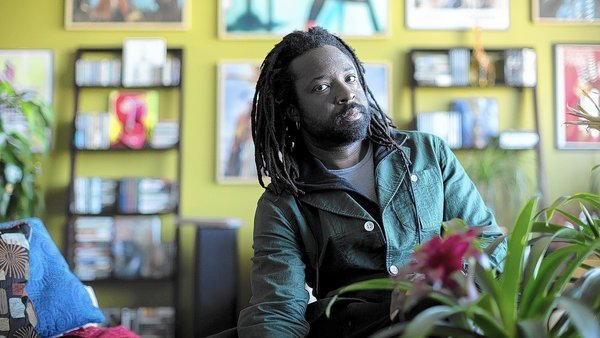Marlon James: um escritor pós-colonial
Publicado13 Out 2014

O escritor jamaicano Marlon James, já distinguido com o Dayton Literary Peace Prize e o Minnesota Book Award, lançou recentemente o livro A Brief History of Seven Killings, o seu terceiro romance. Tendo crescido na Jamaica, nos anos 70, serão desse tempo as memórias que inspiram a história que começa com a euforia da independência (dos britânicos, em 1962) e evolui para um contexto mais complexo, no jogo político da Guerra Fria. Larry Rotcher escreve no New York Times sobre a obra e o autor.
At 43, Mr. James is part of a new generation of Caribbean writers whose main cultural reference, aside from their home countries, is the United States rather than their former colonial power (in Jamaica’s case, Britain). These writers share some of the concerns of American peers like Junot Díaz and Edwidge Danticat and view the questions of identity and authenticity, which preoccupy older writers like George Lamming and the Nobel laureates Derek Walcott and V. S. Naipaul, as largely settled.
During a recent interview in the Bronx, where “Seven Killings” concludes, Mr. James called himself a “post-postcolonial writer” with a hybrid intellectual background. So while he read Shakespeare, Jane Austen and Henry Fielding in school, he noted, he also listened to Michael Jackson and Grandmaster Flash; a section of the new novel makes repeated references to Andy Gibb’s “Shadow Dancing.”
“Our sense of what it means to be a real Caribbean person is much more expansive, fluid and complicated” than that of earlier generations, said Nicholas Laughlin, a Trinidadian writer and critic who edits The Caribbean Review of Books, to which Mr. James has contributed. “Marlon is a writer who not only makes a mess of those boundaries and definitions, he totally obliterates them. That’s part of his power and appeal.”
O artigo completo, aqui
